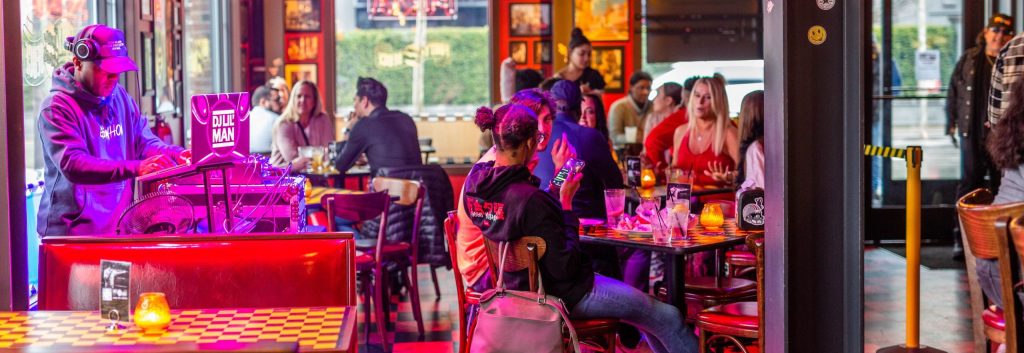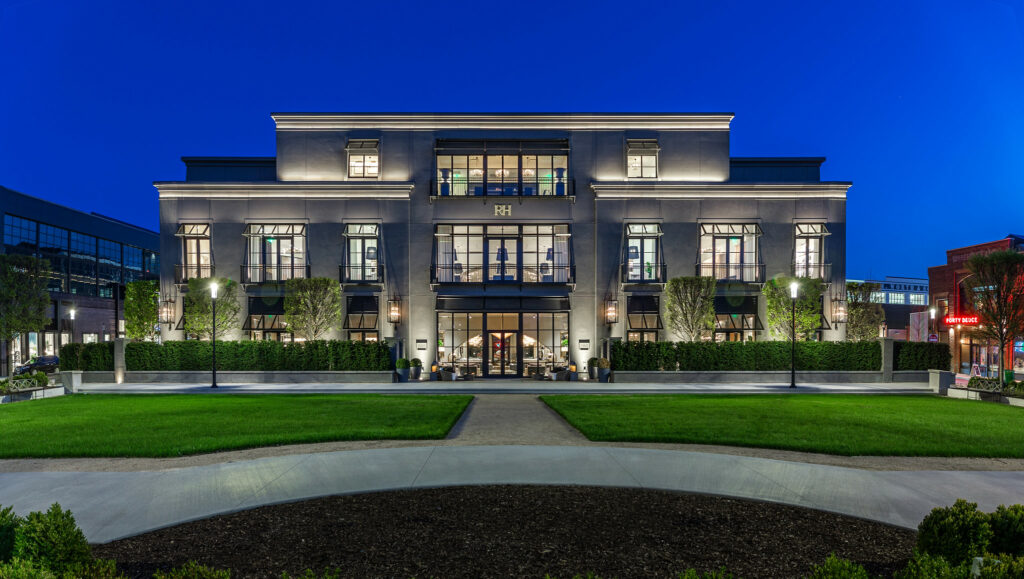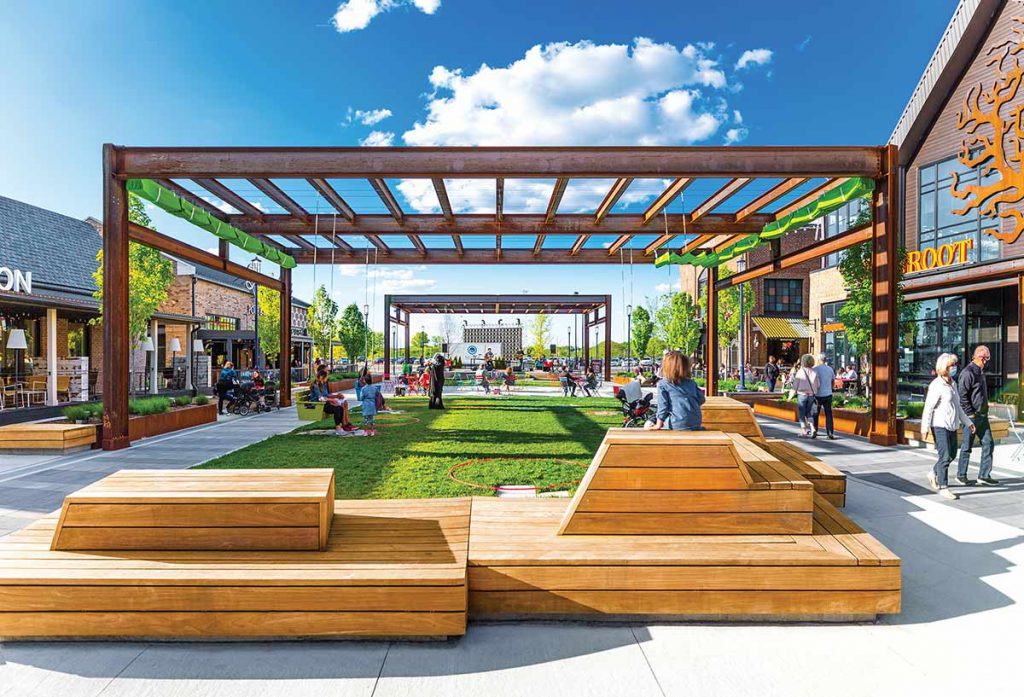By Yaromir Steiner
Increasingly, the public is becoming aware and concerned of the extent to which we’re responsible for stressing the earth.
We’re wasting too much food.
We’re not recycling as much as we think we are.
Our food supply chains are fragile and unsustainable.
We’re concerned about the disappearance of bees and pollinators.
These concerns preceded COVID-19, but the pandemic accelerated time, increased our awareness of these issues, and forced us to look more closely at them. Everything that was going to happen in a decade will now happen sooner. This will require the restaurant industry to address issues with regard to sustainability much sooner.
The restaurants that were already focusing on supply chain issues, will need to further focus on their supply chain’s sustainability practices. This includes organic production, local sourcing, the humane treatment of animals, and more. Everyone’s kitchen will have to become a True Food kitchen.
The management of the waste will be the second area of focus. The one time use of plastics will be minimized. The food leftovers will need to be composted. The edible leftovers will be distributed to local charitable organizations dealing with hunger and poverty.
What role can a developer play in this new ecosystem? We do not buy the ingredients, we do not cook the food, and we are not managing the restaurant’s waste. However, to encourage eco-friendly and sustainable practices, the developer and manager of large retail environments can curate and provide infrastructure to facilitate these practices.
At Easton Town Center, where we manage a community of almost 50 restaurants ranging from fast food to high-end steakhouses, we are launching two sets of sustainable initiatives. One involves the evaluation and promotion of the sustainability practices of our restaurant operators. The second initiative is about creating the infrastructure necessary for the collection and re-distribution of food leftovers, as well as creating a composting infrastructure on the property and within the City of Columbus.
While these efforts are still in their infancy, it shows the extent of the new roles a landlord needs to play in order to remain relevant in our future society.
As we continue to develop these approaches, we will share them with you. In the meantime, it’s important to remember that in order to remain relevant in the future, it will require companies to become value-driven organizations. No matter if you manage shopping centers or operate restaurants.






